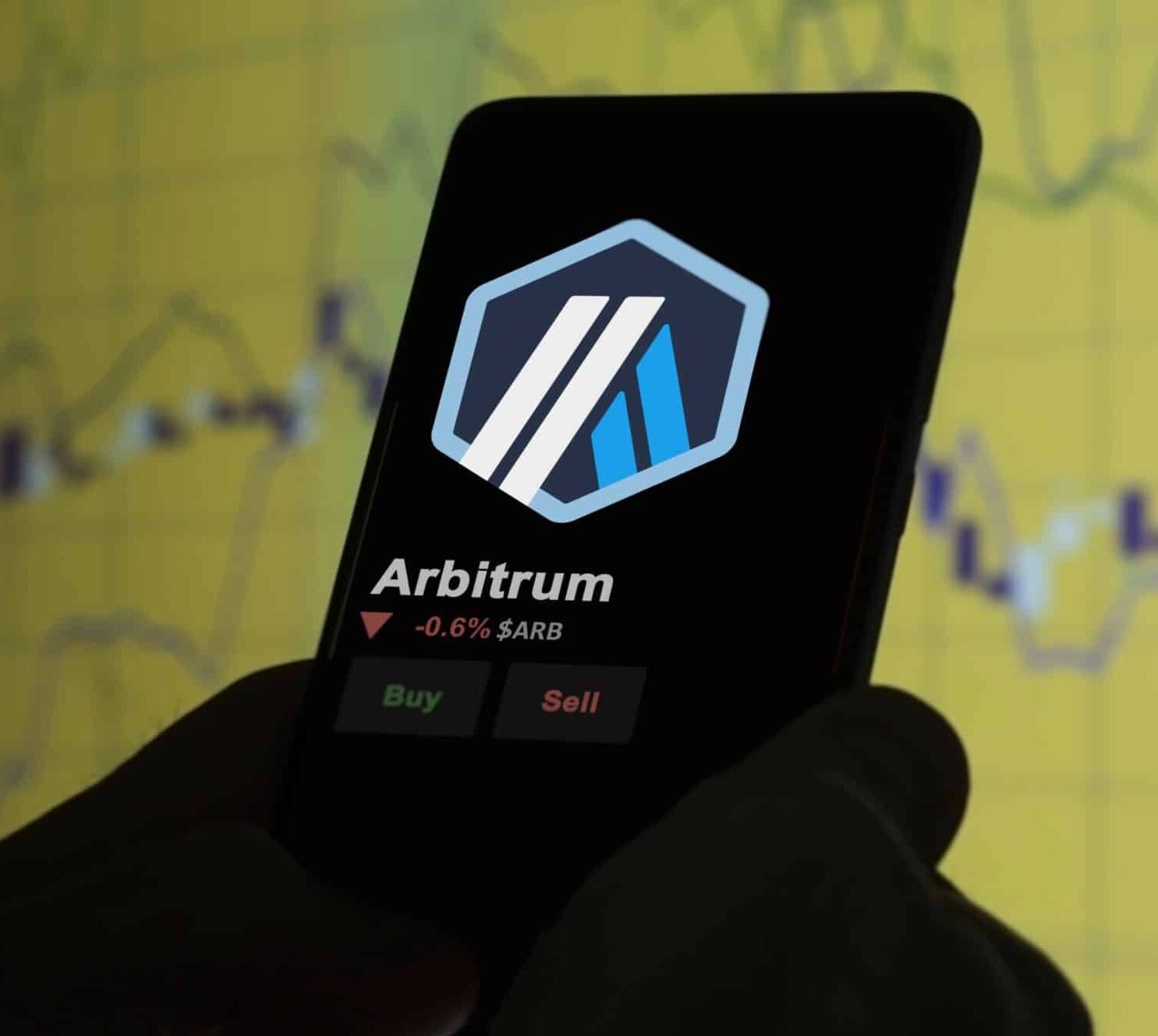More than four months have passed since Arbitrum DAO authorized the allocation of 225 billion ARB to expand Arbitrum’s adoption by gaming developers and players, and community members have raised concerns about the lack of accountability and public updates about the program, dubbed the Gaming Catalyst Program (GCP). At current prices, 225 million ARB are worth nearly $120.3 million.
As a result of those concerns, Joseph Schiarizzi, an Arbitrum delegate who goes by @CupoJoseph, published a governance proposal early Friday that aims to move 220 million ARB from the multi-signature wallet of the GCP back to the Arbitrum DAO treasury.
“It’s a shame [the GCP Council] has not fulfilled its duties thus far and been tardy on meeting multiple of its oversight and transparency commitments that were ratified in the original proposal,” the proposal stated. The GCP Council is a group of professionals functioning “as a braintrust that offer their accumulated knowledge to empower the GCP core team,” according to the onchain vote on June 7, 2024, that established the GCP.
As of press time, 1.35 million ARB tokens have left the multi-signature wallet, leaving 223.65 million ARB tokens there, blockchain data shows. If approved, the clawback proposal would leave the GCP with almost $2 million in funds to continue operations until it demonstrates a need to deploy more funding.
Read More: Arbitrum’s Market Cap Has Grown, But the ARB Token Is Near Its All-Time Low
According to the June 7 onchain vote, the working team and council are supposed to collaborate on quarterly transparency reports about GCP’s performance. However, A.J. Warner, chief strategy officer of Arbitrum development firm Offchain Labs, wrote on X on Friday morning, “There is no transparency report [yet], because the program is being set up… Obviously there is no transparency report of data on GCP performance. They aren’t performing yet.”
While Schiarizzi doesn’t think his proposal will pass, he told Unchained that its purpose is to create some accountability for the $120 million worth of ARB tokens backing GCP. “I think it will light a fire under the chair of the people that need to be posting updates,” he said.
In response to criticism about the program’s lack of communication, Offchain Labs’ Warner pointed to bi-weekly public calls regarding status and updates, adding that “the legal structure for how to do this, the right personnel to operate it, the corporate governance to ensure operational visibility and oversight literally has no precedence to draw from. This will take a ton of time.”
Running Behind Schedule
Per the timeline established by the onchain vote, the GCP should be at the end of phase two, which means a number of activities should have been completed.
While Arbitrum DAO initially elected its GCP council members, one member of the group, Andrew Green, stepped down, according to a Sept. 12 update, which indicated that his replacement is coming soon. Schiarizzi argued, however, that the new replacement member should be nominated and voted on in the same way the initial council members were selected.
The month before, the co-author of GCP and co-founder of game publisher Treasure, Karel Vuong, also stepped down from the GCP working group. Treasure was initially on Arbitrum, but Treasure DAO members voted to migrate its gaming ecosystem to the alternative L2 network ZKsync. “That is a huge canary in the coal mine situation,” according to Schiarizzi. “It’s very bad for Arbitrum to lose one of its largest delegates [and] one of its most important projects that originally brought tons of people to Arbitrum.”
The DAO was also to establish some key program infrastructure, but a co-author of GCP who goes by “Djinn” told Unchained in a Telegram message that GCP didn’t even have a website yet. A grant application process was anticipated as well, but Unchained was not able to find a grant application process for game developers and studios, nor a request for proposal (RFP) regarding infrastructure development.
Read More: Arbitrum Is Preparing to Fully Remove Its Training Wheels in Becoming a Stage 2 Ethereum Rollup
A marketing strategy was expected to be included in phase two, but “there is no development [on] initial marketing, brand, and outreach. Maybe they have a strategy. I don’t know. They haven’t posted it,” Schiarizzi said.
The GCP running behind schedule has not come as a surprise, Arbitrum delegate Krzysztof Urbański told Unchained. “What they’re doing is quite novel—a proper investment fund set up by the DAO, with [a] shorter than usual time horizon and with [an] ecosystem grant program—and there are no clear guidelines as to how to do it. “
Given the DAO’s response to the situation so far, some expect pressure for a potential return of ARB tokens to increase.
“Numerous people were calling out, in real time, how the gaming catalyst program was asking too much, too soon relative to what the DAO was capable of actively managing and enforcing,” Carlos Mercado, a data scientist at Flipside Crypto, told Unchained. “This is a structural problem for DAOs under-resourced for proper grants management lifecycles. I expect a lot more buzz on a potential clawback.”
Since GCP was approved in June, the price of ARB has dropped about 46% from just under $1 to 53.8 cents, according to CoinGecko.



